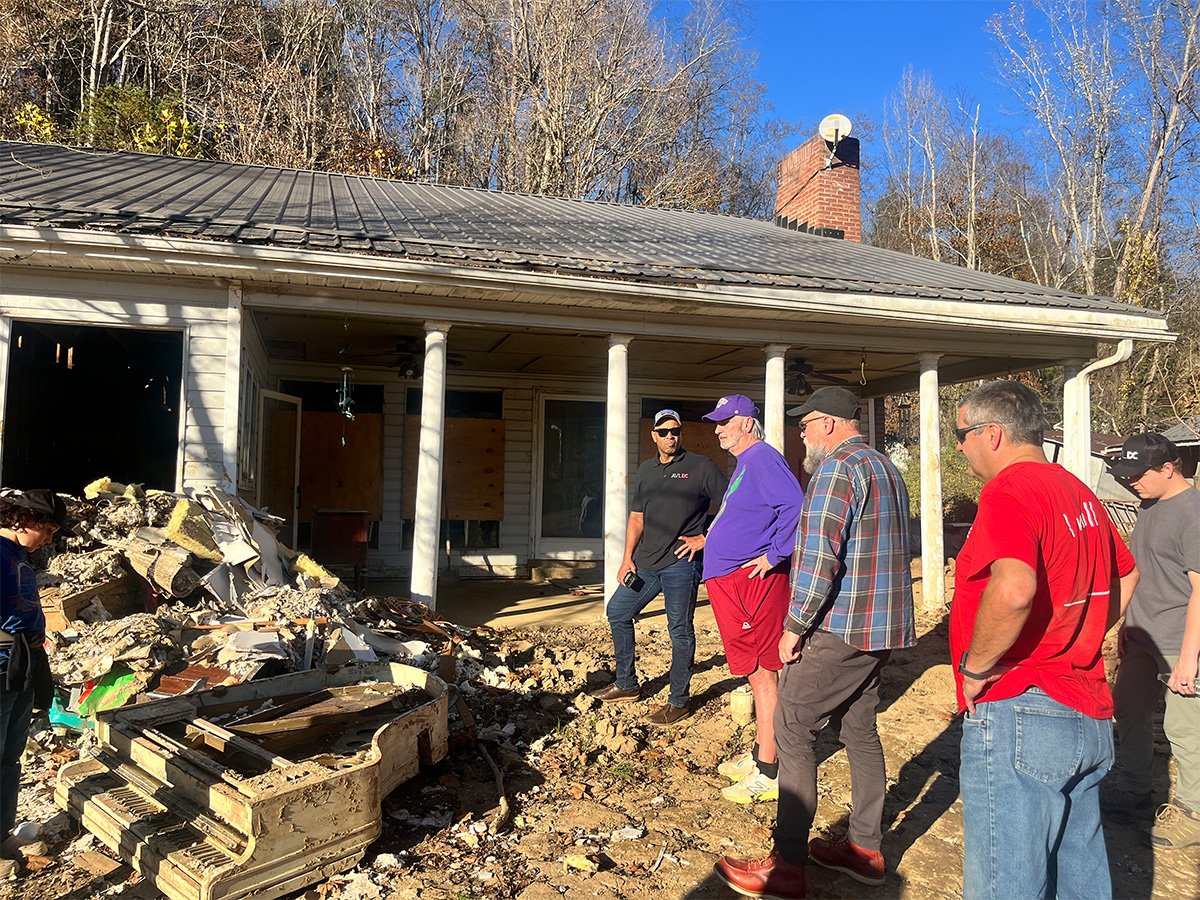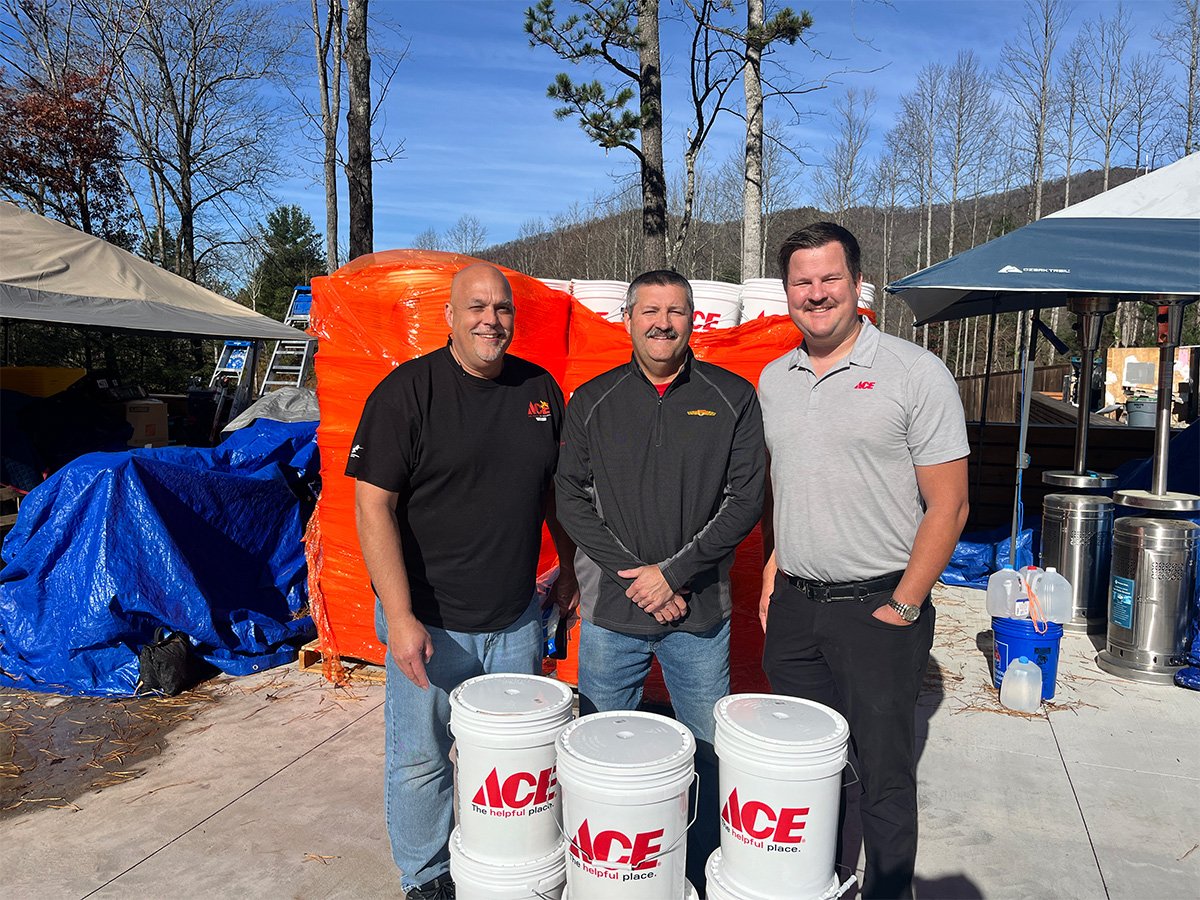In the history of American retail, few names evoke a sense of community, quality, and resilience quite like Ace Hardware. Founded in 1924, this retailer-owned cooperative has not only survived but thrived for more than a century, evolving into a network of over 5,000 stores across the United States. Each store, while part of the larger Ace family, retains its unique character, often tailored to the specific needs of its local community. This decentralized model allows for a remarkable degree of flexibility — it’s not uncommon to find surfboards in a California Ace store or farming supplies in a Wisconsin location. In Chicago, you might even discover locally sourced honey on the shelves.
This cooperative structure means that individual store owners are shareholders. The reason many families open Ace stores is because they are already deeply embedded in their communities. They make autonomous decisions about inventory and, notably, about which local causes to support. This grassroots approach to philanthropy has been a hallmark of Ace’s community engagement.

Fast forward to 2024, a year that marked both Ace Hardware’s 100th anniversary and a series of devastating hurricanes that ravaged the Southeastern United States. In the aftermath of these natural disasters, a question arose among Ace’s retailers and corporate staff: “What can we do?” This simple inquiry set in motion a partnership with World Vision, who Ace already had a volunteerism partnership with.
Christine Doucet, Director of Communications, Engagement and the Ace Foundation, recalls the initiative’s inception:
“It was clear that our retailers and our staff wanted to help, not just with monetary donations, but with supplying needed product, as well as their time and effort. And World Vision was direct and clear. They provided an exact list of products needed for hurricane relief, and we looked at what we had stocked in our warehouses, created a donation website and the Ace Disaster Relief Bucket was born.”
Ace retailers and employees sponsored 1,000 hurricane disaster relief buckets at $40 each in less than 24 hours. These buckets were filled with essential cleaning supplies like gloves, masks, sponges, and disinfectants. Following this rapid achievement, they introduced ‘hurricane relief bundles,’ and 1,368 of them were sponsored over the next week. These bundles included essential tools such as shovels, rakes, heaters, and ladders, amounting to pallets upon pallets of supplies.
Once the buckets and bundles were sponsored, next came the assembly. The enthusiasm among employees was palpable. Ninety-eight volunteer spots to assemble the buckets filled up in about two hours, with a waitlist forming soon after. Looking back, Christine reflected:
“We were overwhelmed by the number of employees who wanted to help and who sent words of thanks and even posted on their social media noting how proud they were to give back at work.”
This partnership with World Vision was a win-win-win for everyone. Christine emphasizes the importance of having a reliable partner in such endeavors:
“We were able to pull this off because World Vision made it easy. I think many organizations are hesitant to jump in and help because of the extra logistics that make the disaster relief work harder. When you have a good partner, helping doesn’t have to be hard. World Vision helped make our efforts easy and meaningful.”
The collaboration also highlighted the strengths of both organizations. Ace’s ability to quickly obtain the needed products and engaged employees provided the human effort and connections, while World Vision’s established supply chain and logistics expertise ensured that the aid quickly and efficiently reached those in need. This was a critical piece because Ace needed to keep their supply chain focused on serving their stores and customers in the affected areas.
After the buckets were assembled, three Ace Hardware field staff members — Mark Mayes, Brian Raymond, and Grayson Taylor — joined World Vision staff on the ground in Asheville, North Carolina, to distribute supplies and assist with clean-up and rebuilding efforts. They witnessed both the devastation wrought by the hurricane and the hope brought by the collective efforts of corporations and volunteers.
Christine, moved by the stories she heard, said, ” The team that went to Asheville was able to share that experience with others upon their return – it’s not often you get to see the actual beneficiaries of your donation, so it was an incredibly impactful experience for them.”
In times of crisis, it takes all of us to weather the storm and to rebuild. Key partnerships enable us to do more than we could do alone. The collaboration between Ace and World Vision highlights the reality that support extends beyond monetary donations; it involves meaningful engagement, leveraging strengths, and fostering a sense of shared purpose.


Comments